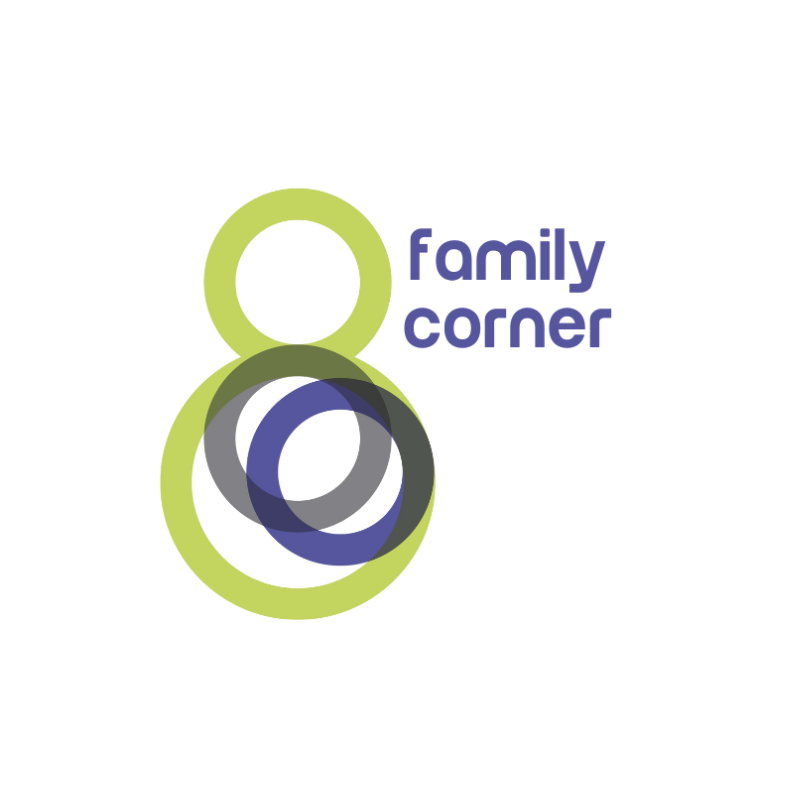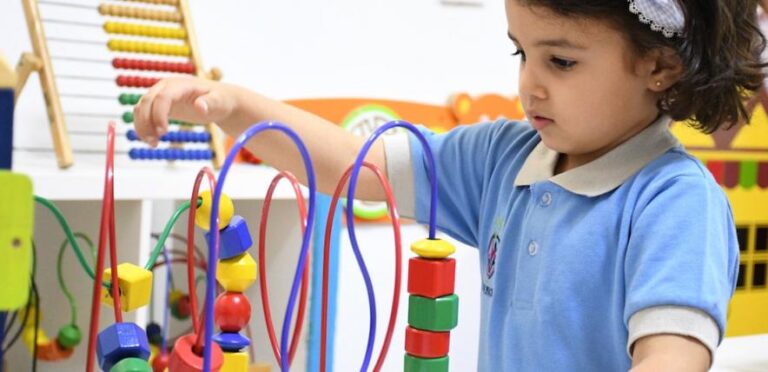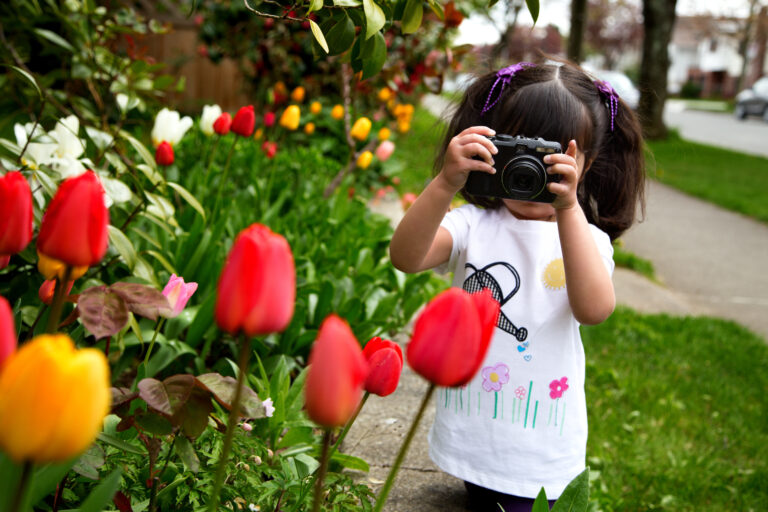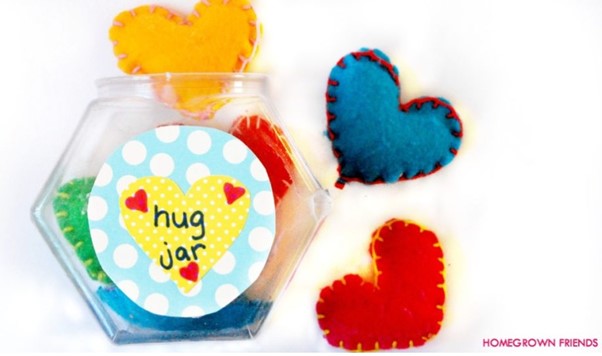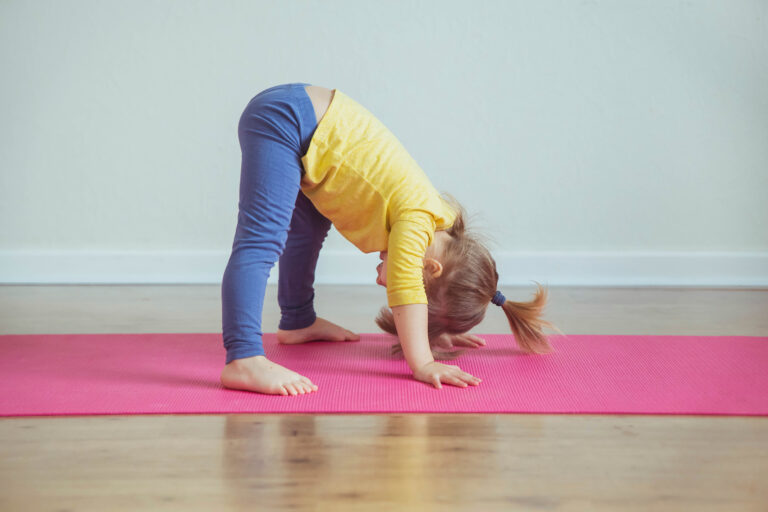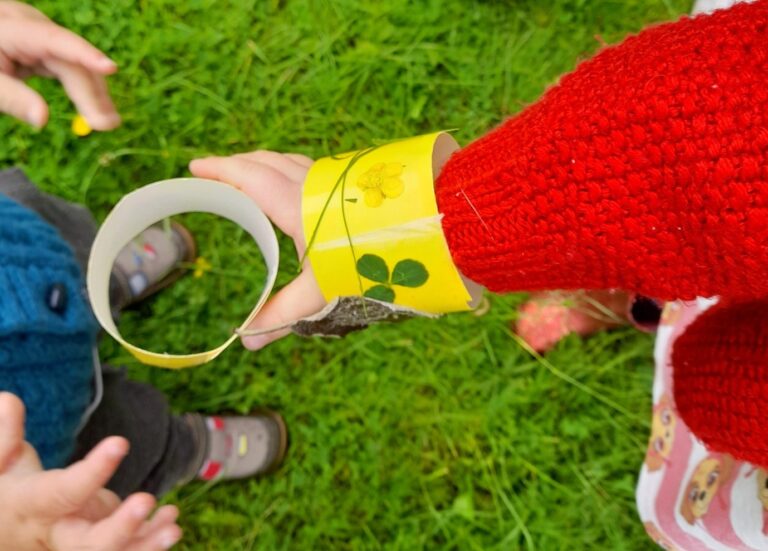We all want to keep our children safe and happy – we wouldn’t be doing our job as parents or carers if we didn’t. But there is a tendency for some of us to take this further and become too protective of our children.
Some parents or carers manage to get the balance just right – protecting their child from harm yet allowing them to make their own mistakes, but it’s a tough skill to master. Many of us get it right more than we get it wrong, yet many of us suspect that maybe we’re crossing the line from responsible parenting into overprotective territory.
Signs of being too overprotective
Solving problems
The minute your little one experiences any form of problem or upset you switch straight into fix-it mode. In many cases, especially when your child is very young, this is responsible parenting, but it can become overprotective when you never let your child face an obstacle. How can they learn to solve problems if you never give them the chance?
Avoiding failure
Your child will never know the satisfaction of achieving something difficult if you are so afraid for them to experience failure that you don’t give them the opportunity to face challenges. Remember the old saying ‘learn by your mistakes’ – failure is an integral part of success.
Discouraging responsibility
Perhaps you feel you are protecting your child from drudgery by not giving them any tasks around the home. Yet for a young child, being trusted with responsibility, no matter how small, is a boost to their confidence, self-esteem and sense of importance in the family. Denying them any responsibility teaches them they cannot be trusted.
Rejecting risk
Being aware of dangers and risks is different to being focused solely on those risks. One person’s idea of risk could be very different to another’s, after all we have a lifetime of personal experience influencing our judgements, so don’t necessarily compare your parenting to others’. Perhaps your child is still mastering spatial awareness, or is yet to comprehend physical risks in a playground, for example. In these cases, caution is wise, but it is still imperative that you allow your child to take small, age appropriate risks to help them learn to respect their physical limitations and take pride in their capabilities.
Needing control
‘Helicopter parenting’ is a term sometimes used to refer to parents or carers who persistently hover over and around their children, often reluctant to let them have much freedom. Helicopter parents are likely to have very regular contact with their chosen early years setting, trying to control their child even when s/he is elsewhere. A parent may see this as taking a healthy interest in the child’s education, but for the child this behaviour can have a damaging effect on their ability to cope without their main caregivers around, as well as undermining their fledgling independence.
What to do if this sounds like you…
A key thing to keep in mind is that every child is unique and generally, parents and carers are in the best position to judge what is right for children in their care. Being particularly vigilant about stairs because you fell on the stairs in the past is perfectly understandable, and provided such worries do not take over your life you should not be concerned. However, if you feel that past events or anxiety are involved in your overprotective reactions, it could be worthwhile talking this through with a health visitor or GP to discuss possible support strategies.
Children need to be nurtured and feel safe, but they also need to develop their life skills and their independence. Protecting them from every bump in the road or risky activity does not give them the opportunity to learn how to tackle challenges, and though you may feel they shouldn’t be exposed to any difficulty, risk or upset, this is undoubtedly storing up problems for later in life when they will need resilience, confidence and courage to thrive.
Often, if you force yourself to take a tiny step back and allow your child a little bit more freedom to get things wrong, you will be surprised at how quickly they bounce back. And they will be that little bit stronger, wiser and happier for being allowed to stumble.
Written for the Early Years Alliance by Martha Hales
